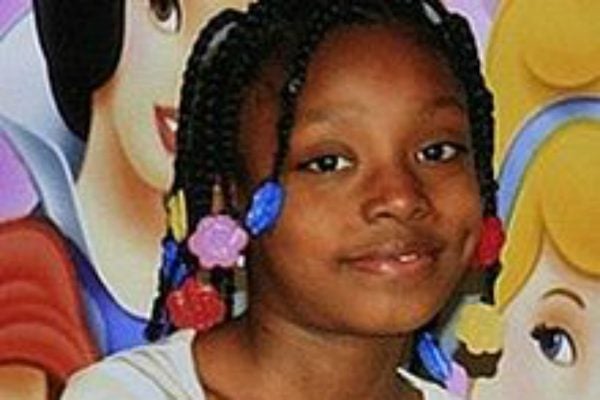
Content warning: This post discusses subjects that may be triggering to some readers.
It was a warm Saturday night when Justine Damond, home alone, heard a woman screaming.
She wasn’t sure, but she might have heard the word “help”.
The woman, Damond relayed to a 911 operator just before 11:30pm, sounded like “she [was] having sex or being raped,” according to transcripts.
When police did not arrive quickly, Damond called again, about eight minutes later.
They were on their way.
She then called her fiance, Don Damond, but was interrupted by the sound of police sirens. They’d arrived, she told him.
They were the last words they’d ever speak to each other.
In her pyjamas, Damond walked out onto the street, searching for the police car. Officer Matthew Harrity, according to court transcripts, was startled by a loud sound as the car drove slowly down a dark alley, the lights of the squad car off.
Damond then approached the driver’s side of the car in an attempt to get their attention. Officer Mohamed Mohamed Noor, 32, discharged his weapon, and shot 40-year-old Damond in the stomach.
The bullet hit the Australian-born woman in the abdominal artery. She died at the scene.
This week, Noor was convicted of second-degree manslaughter and third-degree murder, following an eight month investigation. It took the jury less than a day to deliver their verdict.


Top Comments
What horrifying thing to happen. And they wonder why people are scared to call the police in the US.
I think this story needs a content warning at the top, please